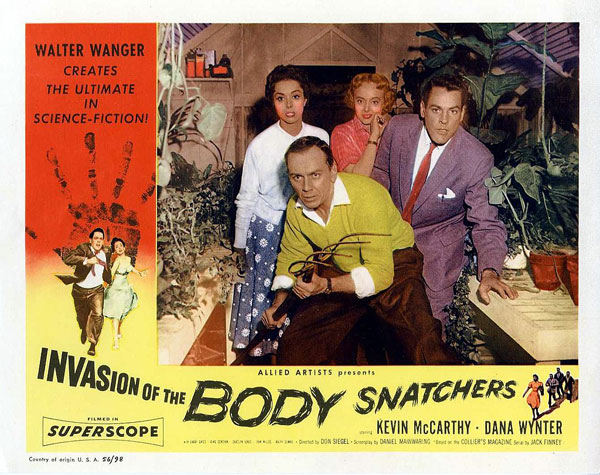
April 29, 2019; Los Angeles Times
It appears there may be a growing problem with nonprofits being set up and used for profitmaking purposes. This would not be all that surprising, considering how easy it has become in recent years to get approved for nonprofit status at the federal level. Additionally, in an article a few days ago about C4 organizations, we discussed how some of these will waft out of existence before they have to report to the federal government. This makes them easy-to-use tools that can make campaigns for policies favorable primarily to business look more robust than they actually are.
In an article in the L.A. Times yesterday, Ben Elgin reports that the field of faux patient advocacy groups is flourishing, funded by Big Pharma and fighting for their right to charge exorbitant prices. In particular, the front groups have joined forces with their sponsors to ward off attempts by Medicare to negotiate lower prices.
One example is the US Rural Health Network which sports the tagline, “We’re fighting for rural health.” But is unknown among other rural health groups. That may be because its primary activity appears to be opposing Medicare’s attempts at price control. And it’s not alone in that fight; it is joined in common cause with any number of other entities, a number of which have been founded in the last two years, and are wholly funded by the pharmaceutical industry.
Typically, the newer groups are created and operated by public-relations or marketing firms with extensive ties to the pharmaceutical industry. They generally refuse to discuss their funding, but Bloomberg News documented that at least one got its seed money from Amgen Inc., whose most lucrative drug, the arthritis medicine Enbrel, has tripled in price since 2010, according to data from IBM Watson Health.
The US Rural Health Network (see its minimalist website here) is a great example of the type, founded in 2017 by the general counsel of Moore Communications, which has ties stretching back at least 18 years to a drugmakers’ industry group called Pharmaceutical Research and Manufacturers of America, or PhRMA. PhRMA has declined to say whether or not it funds the Network.
Sign up for our free newsletters
Subscribe to NPQ's newsletters to have our top stories delivered directly to your inbox.
By signing up, you agree to our privacy policy and terms of use, and to receive messages from NPQ and our partners.
The rural-health network is a family affair. Its executive director is the sister of Karen Moore, Moore Communications’ chief executive. One of the group’s directors is the mother of a Moore Communications vice president. And the lawyer who registered it is Richard Moore, Karen’s husband and the marketing firm’s general counsel.
The website for Moore Communications lists its address as 2011 Delta Avenue in Tallahassee; the address listed on GuideStar for the US Rural Health Network is 2017 Delta Avenue—in a building, according to this article, owned by Richard and Karen Moore.
Alan Morgan, CEO of the 21,000-member National Rural Health Association, which holds the nation’s largest annual conference on rural health issues, says he has never heard of them and neither have others in the field.
The article goes on to detail the connections not only between these front groups and the pharmaceutical industry, but also between advocacy groups that really do represent patients and those same companies. And while all of the groups cited in the article protest that they would never allow pharmaceutical money to sway their policy decisions, as one coordinator of a cancer support group quipped, “It’s no surprise who’s going to get a favorable response to a grant proposal, if you’re licking the boot of pharma.”
This is, of course, the second day in a row we have written about nonprofits with uncomfortably close ties to for-profit PR firms. Yesterday, as you may recall, we explored the NRA’s ties to a PR firm called Ackerman McQueen.—Ruth McCambridge











